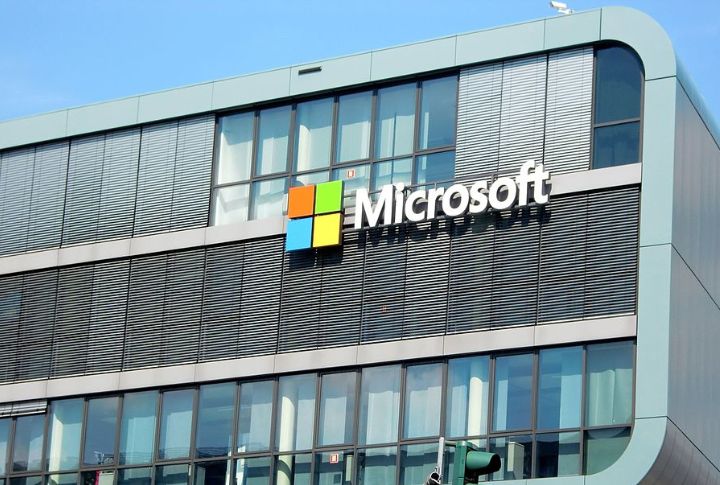
After dedicating 31 years to Microsoft, 60-year-old Mike Kostersitz never expected to find himself searching for a new job. As a principal product manager lead on the Azure team, he had built his entire career at the tech giant, joining when personal computers were just becoming mainstream.
His story highlights the challenges long-tenured employees face when suddenly thrust back into today’s competitive job market.
Shock Of Impersonal Dismissal
In May 2025, Kostersitz received an unexpected meeting invitation. Just one day after what he believed was a productive team meeting with a senior leader, he found himself in a virtual room with 120 other employees. The message was blunt: their positions had been eliminated. His manager and two direct reports were also affected, part of a broader restructuring that cut approximately 6,000 Microsoft jobs.
“After 31 years, you would expect at least your manager or your VP or somebody to come to you and say, ‘Hey Mike, this is going to happen and here is why,'” Kostersitz told Business Insider. The impersonal nature of the termination left him stunned—no one had reached out personally to explain the decision despite his decades of service.
Navigating An Unfamiliar Job Market
For someone who hadn’t job-hunted in three decades, the transition was jarring. Kostersitz had spent most of his career interviewing candidates, not being interviewed himself. The job search scenario had undergone a dramatic shift since his last experience with it.
To tackle this new terrain, he hired a career coach to help modernize his resume, update his LinkedIn profile, and tailor applications for contemporary hiring systems. Microsoft provided additional support through a career advisor, who recommended “de-aging” his resume by removing roles from the 1980s and ’90s.
His LinkedIn profile now only displays experience from 2003 onward—a strategic decision to combat potential age bias. Kostersitz began applying for director-level positions in product and program management across various companies, including tech giants like Google and Apple, as well as non-tech corporations like Nordstrom.
Despite his extensive experience, securing interviews proved challenging. “It’s like, I have 30 years of stories for you. Which one do you want to hear?” he explained, describing the difficulty of knowing which parts of his lengthy career to emphasize during interviews.
Financial Cushion And Future Outlook
Fortunately, Kostersitz benefits from Microsoft’s “55 and 15” policy, which allows employees aged 55 or older with at least 15 consecutive years at the company to continue vesting their stock after departure. Combined with severance and personal savings, this has provided financial stability during his job search.
He estimates that he and his wife can manage for about two years without touching retirement funds. While early retirement is an option, it would require massive lifestyle adjustments. Instead, Kostersitz continues his search with cautious optimism.
His career advisor offered a perspective on today’s hiring market: “They said it’s a game of chicken right now. The person who has the longer breath and can stick it out longer will get the job.” For many long-tenured tech workers like Kostersitz, the experience has shattered illusions about job security.
His story serves as a reminder that in today’s corporate world, even decades of loyalty provide no guarantees.
